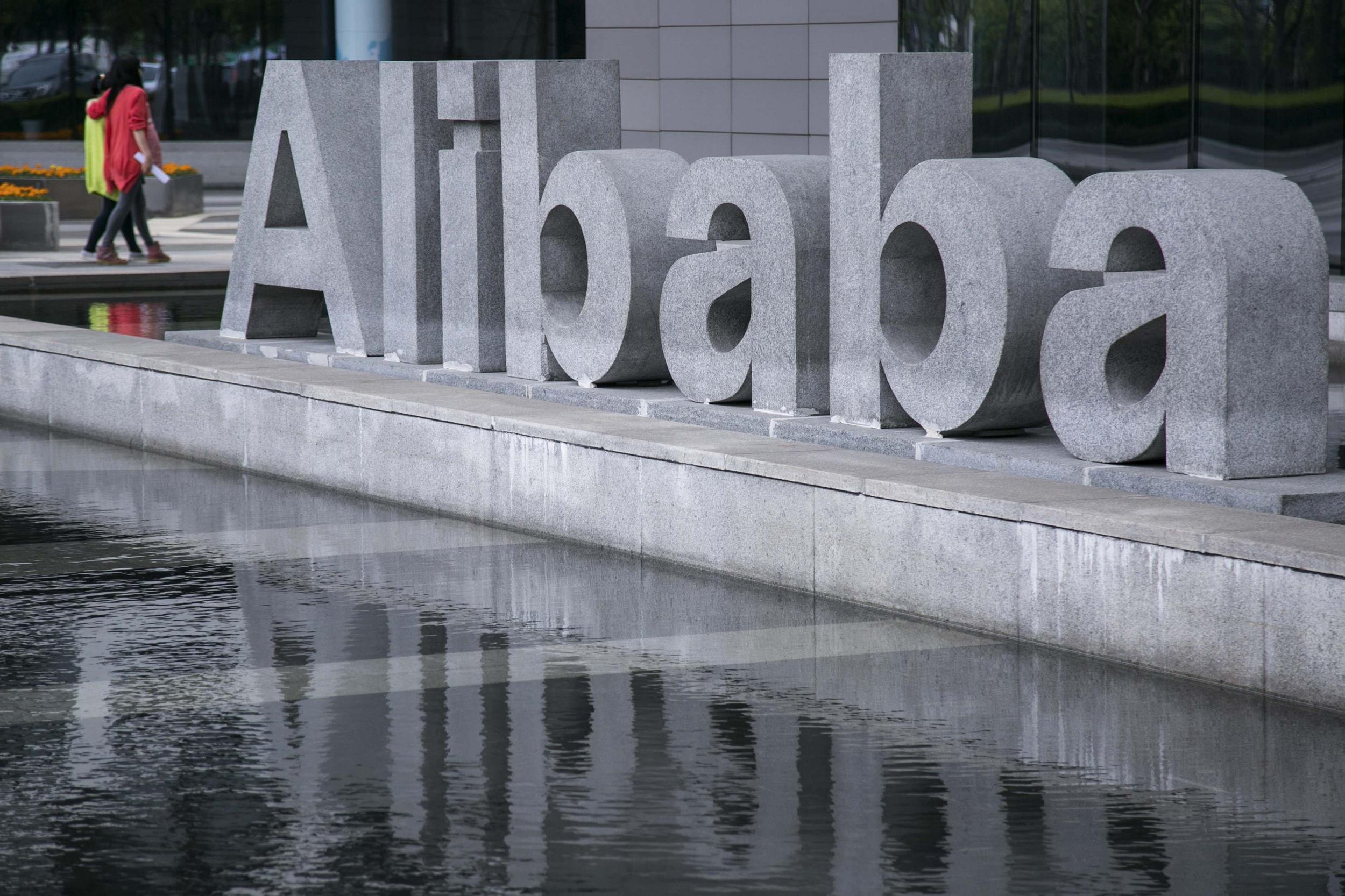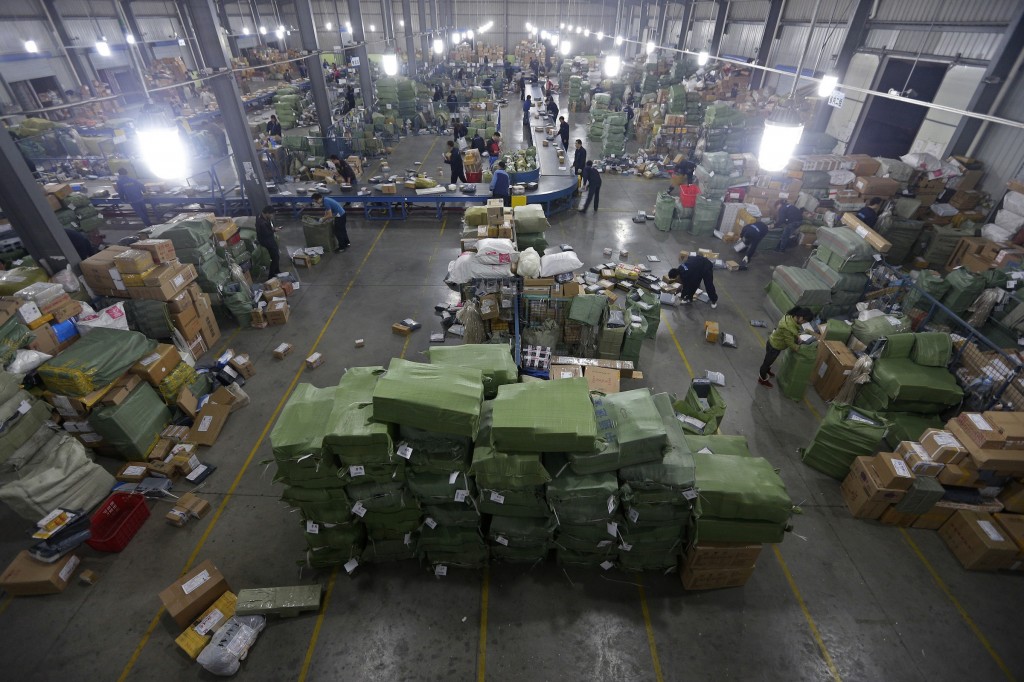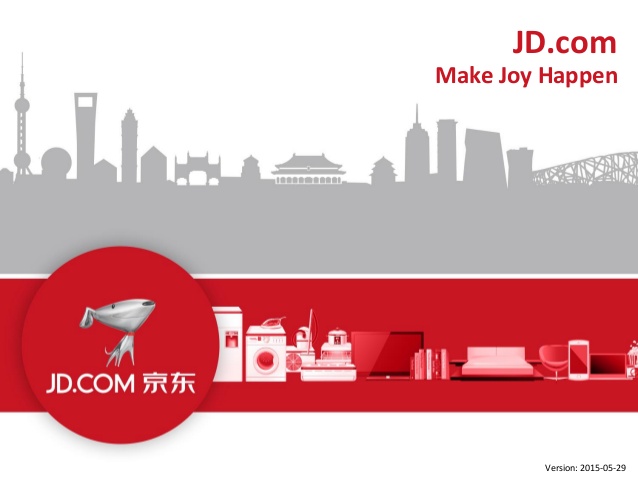The transformation from 1 zone, 3 parks to 1 zone, many parks: Hangzhou’s e-commerce
Ecommerce has allowed firms to establish a market presence. It enhances the existing market position, by providing a cheaper and more efficient distribution chain for their products or services.
check they speak about us
e-Business in China
Hangzhou stands as the focal point of e-commerce business in China. Also called as “china’s silicon valley” was the first designated as an economic and technological development zone in 1993. It attracts investments from around 50 countries and 57 fortune global 500 companies. Hangzhou is e-commerce hub with more than 470,000 online business entities and home to e-commerce giant Alibaba’s. On July 2013 Hangzhou’s e-commerce industrial park was established.
Chinese government has taken a brave decision on June 29, 2015 for implementation of its integrated cross –border e-commerce experimental zones. This model seeks to spread among six other areas in Zhejiang: Ningbo, Wenzhou, jiaxing, huzhou, jinhua and yiwu.
E-Commerce in China and local governement policy
According to the proposal, the government assures to provide subsides, bonuses. From august 1, the process of tax refunds burden will be transformed to paperless management. For easy payment, settling and currency exchange each enterprise and individuals will be permitted to open overseas account. Entities, which exceed us $1 million of their exports and imports, will be given a onetime subsidy up to rmb 30,000. It will also provide rmb20, 000 funds to e-commerce platforms worth overus$10 million for each foreign trade enterprise. The government will subsidize the development of e-commerce for enterprises in markets that are dominated such as electronics, clothing, and lamps. Government provides rmb50, 000 in start-up funds for enterprise in these markets.
Hangzhou municipal governement
The management of e-commerce will be taken care by the Hangzhou municipal government, which would be responsible for the customs inspections, tax duties, and other administrative measures. In order to develop the e-commerce business government emphasises on the need for investment in human capital. For the next 5 years, the e-commerce zones will seek to make logistics and technology more comprehensive by establishing a one-stop service platform for cross-border trade.









I WILL LIKE TO FURTHER INFORMATION ON HOW I CAN ESTABLISH AN E-HUB IN THE HANGZHOU FREE ZONE. ALSO WHAT IS THE PROCEDURE FOR GODS PURCHASED IN THE TRADITIONAL CHINA MARKETPLACE FOR EXPORT THROUGH THE FREE ZONE ECOMMERCE HUB.